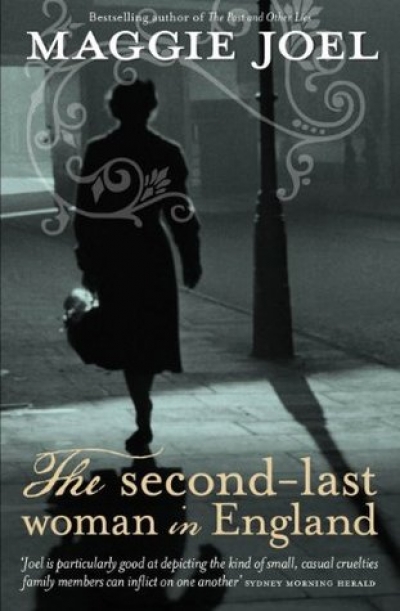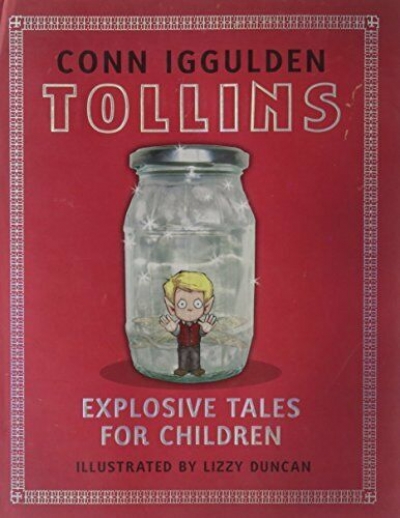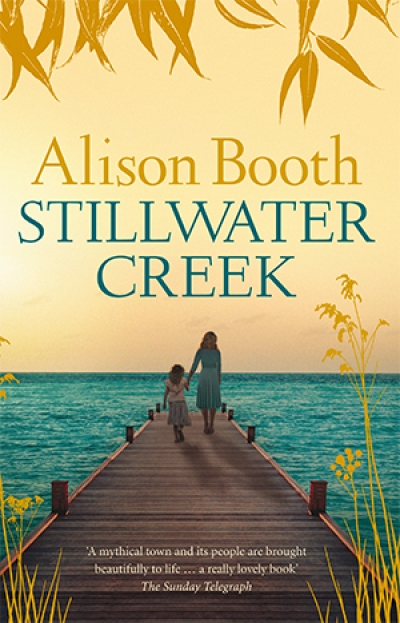Fiction
Packaging and promotion have always been formidable tools in the marketplace. Once on a Road is poorly served by its sensational back cover blurb, ‘How far would you go to protect your grandchildren from their mother?’ No, this is not a new Stephen King novel, nor is it literary fiction, as its imprint would lead readers to believe.
... (read more)Set in the western suburbs of Melbourne, Swimming is an impressive début novel by Melbourne academic Enza Gandalfo. Kate Wilks, a childless writer in her early sixties, is a strong swimmer, and images of the sea texture the narrative. Now happily married for a second time, Kate encounters her first husband, and the ensuing flood of memories, regret and guilt provides the driving force of the novel.
... (read more)













